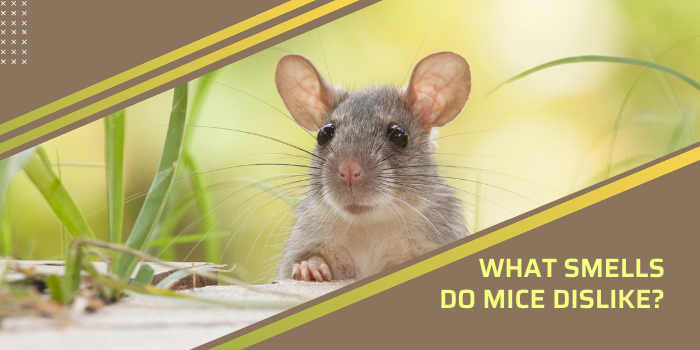
Mice are not everyone’s favourite rodent especially because of the havoc they tend to wreak when in your home or any other space.
Not only do they love to chew at any and everything from your food to your clothes, shoes, and paper, they also make themselves right at home leaving you anxious and always on edge.
The little creatures are motivated by survival instincts meaning they’ll do anything possible to sniff out food, water, and find some shelter in your home.
However, like humans, mice also have preferences in terms of what they love to eat and what they dislike.
If you’ve tried humane traps, getting a cat, and other methods but were unsuccessful at trapping or terminating the mice in your home, a surefire way to get rid of them is to fill your home with what they dislike.
Mice hate certain rancid smells that repel them.
From peppermint to coffee powder and even bleach, we’ve rounded up the commonly believed smells that mice dislike to make sure these rodents stay where they belong – outside your home.
Why You Need To Repel Mice
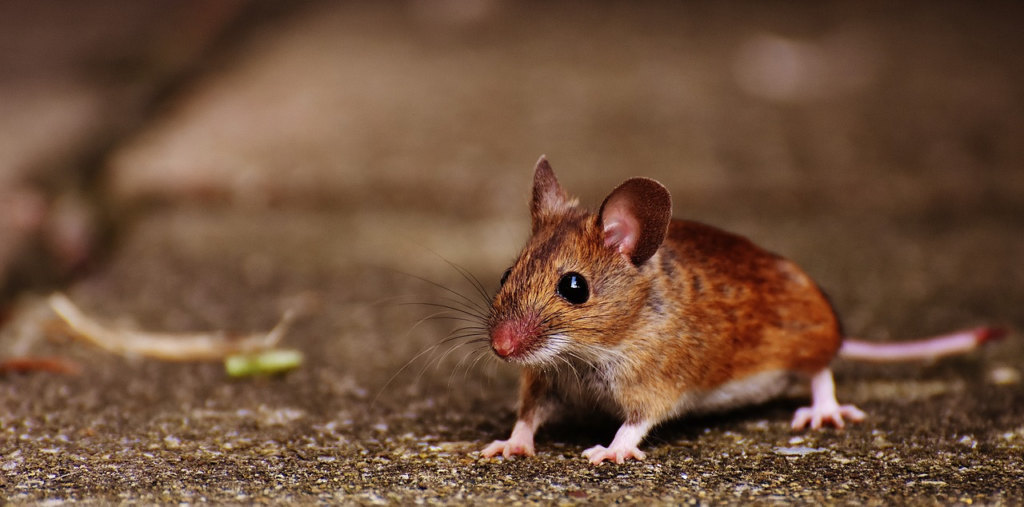
Mice are attracted by favourable conditions such as warm weather in the spring or summer, and when food is abundant.
While they live outdoors most of the time, they naturally want to satisfy their needs, so when the temperature drops during winter or fall, they’ll seek shelter in homes, farm buildings, garages, stored vehicles, and other areas that protect them from the elements.
Mice come with potential health problems associated with rodents, as they’re known to carry more than 200 different diseases, most of which are easily transmitted to human beings.
Their hair, urine, and feces, which they randomly drop anywhere, can come into contact with your drink or food and lead to serious illnesses.
Plus, mice have been found and known to carry typhus, plague, trichinosis, rat-bite fever, Hantavirus, and Rocky Mountain Spotted Fever among other diseases.
All these make it necessary for you to keep these rodents under your control.
The more you know about how mice behave and their nature, the better it is for you to target them and get rid of them from your space effectively.
19 Smells Mice Dislike And How To Use Them
There are many ways you can use to keep mice out of your home. Besides ensuring your home is neat and tidy, getting a cat, and reducing clutter, you can use some smells mice dislike to ensure your house isn’t a good home for them.
Mice have a keen sense of smell, which they rely on and use to avoid danger wherever they go. This makes up for their weak eyesight and helps them detect danger, find food, and navigate their way by following scent trails.
Several strong scents have been known to help repel mice and keep them away, for instance, the scent of another animal like a cat, or another mouse, which may alert them of unfriendly rodents around them.
We’ve rounded up some of the smells mice dislike that will help you keep the rodents away from your home.
1. Cheese
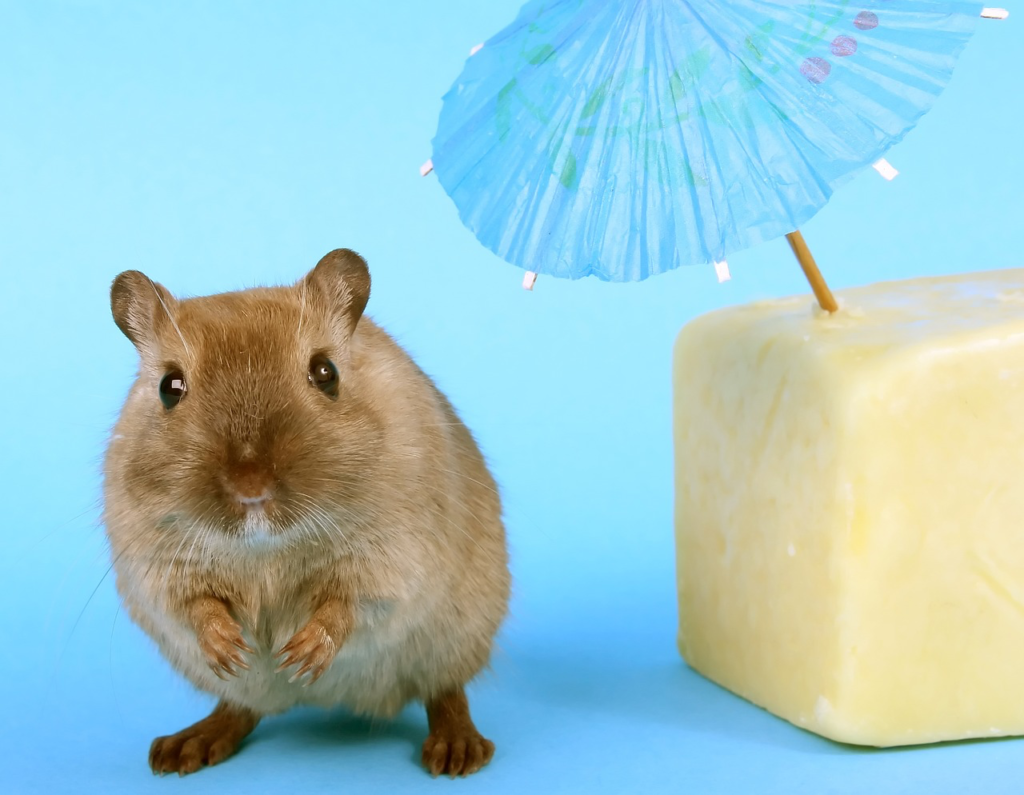
You’re probably wondering why cheese is on this list. Well, contrary to what you’ve learned from watching cartoons when you were a kid – mice don’t like cheese.
In fact, they find cheese quite stinky, and its strong smell may repel them so much that they won’t even come close to any mousetrap that is baited with cheese.
2. Bleach

Bleach has a foul smell that repels and even kills rodents. Not only that, but it also releases fumes that are dangerous to humans too, meaning you need to use just enough that will be effective in removing rodents without necessarily killing them or affecting you and others around the home.
Bleach can pose a risk to your health if used excessively because of the strong fumes, which can also sting your eyes. Once you touch bleach, it can burn your skin quickly, so you can imagine how much more damage it can do to mice.
Once mice smell the bleach, it will be so off-putting to them that they’ll do anything to avoid it.
You can mix water with bleach and spray all pathways or corners of your home to disinfect the house. Bleach also helps destroy harmful viruses and bacteria on surfaces, considering the diseases mice carry, and removes any microbes in mice droppings, blood, or urine.
3. Peppermint oil

Essential oils are commonly used to keep rodents like mice away as they’re natural and easy to extract from plants. However, not all plants produce essential oils. You can find them in leaves, roots, stems, flowers, or fruits of the plants that produce them.
One of these plants is peppermint, which is a frequent recommendation for repelling mice. Peppermint oil has varied repellent effects depending on the dose you supply it in, the concentration of the oil, and the formulation of the oil.
Mice are said to hate the smell of peppermint oil so you can get some cotton balls, lightly soak them in the oil, and then leave them where the mice hide out in your home.
You can also make cloth sachets and fill them with peppermint mixed with cloves and cayenne, and then leave them in corners and other places mice hide.
Alternatively, you can buy a bottle of Mighty Mint peppermint essential oil, which is natural, antibacterial, antifungal, and antiviral. This product has a sharp, penetrating scent that will overwhelm and overpower the rodents’ sensitive sense of smell, making it painful for them and repelling them in the process.
4. Botanical Repellents
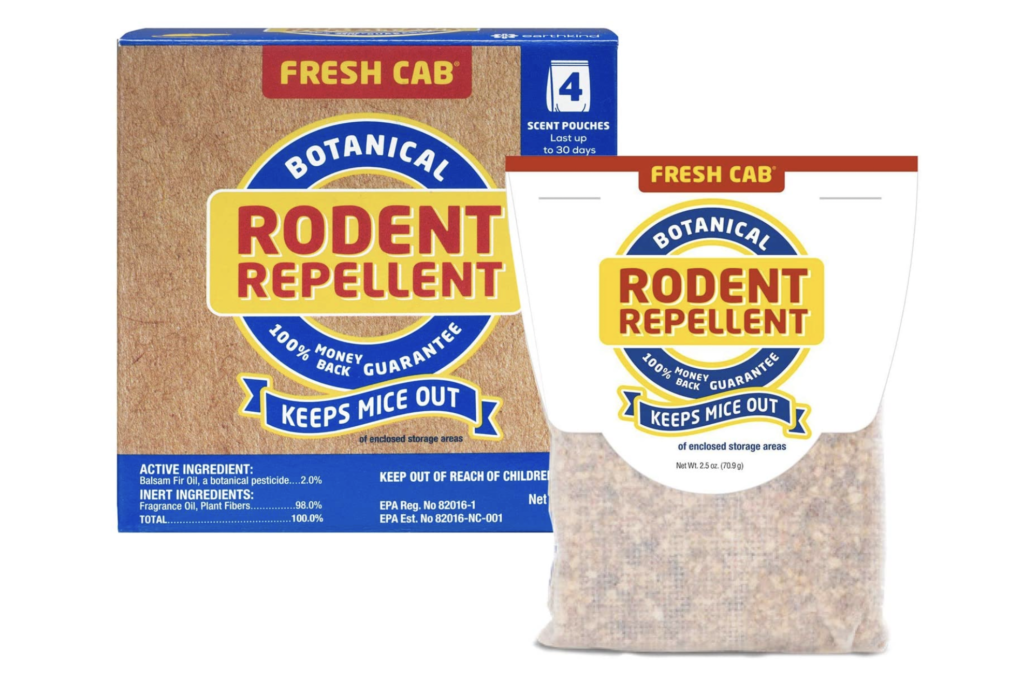
Mice also hate smells from botanical plants so you can use a plant-based mouse repellent instead of poison or using a mousetrap. Get a botanical repellent that’s made from botanical ingredients like essential oils from oranges, cedar, lemons or lavender, and plant fibers.
You can try Fresh Cab, which contains both essential oils and botanical ingredients that create an overwhelming odor that’s pleasant to people but repels mice.
You can put the pouch anywhere in your home or other problem areas and repel mice without the danger of harmful chemicals.
5. Eucalyptus

Mice also hate Eucalyptus because of its strong scent and repellent effects. It can repel mice and rats while reducing the likelihood of any future infestations.
You can get eucalyptus oil and spray it around your home. You can make a DIY mixture of water and eucalyptus plus a few drops of liquid detergent and spritz areas in your home where the mice may be hiding.
6. Cedarwood oil
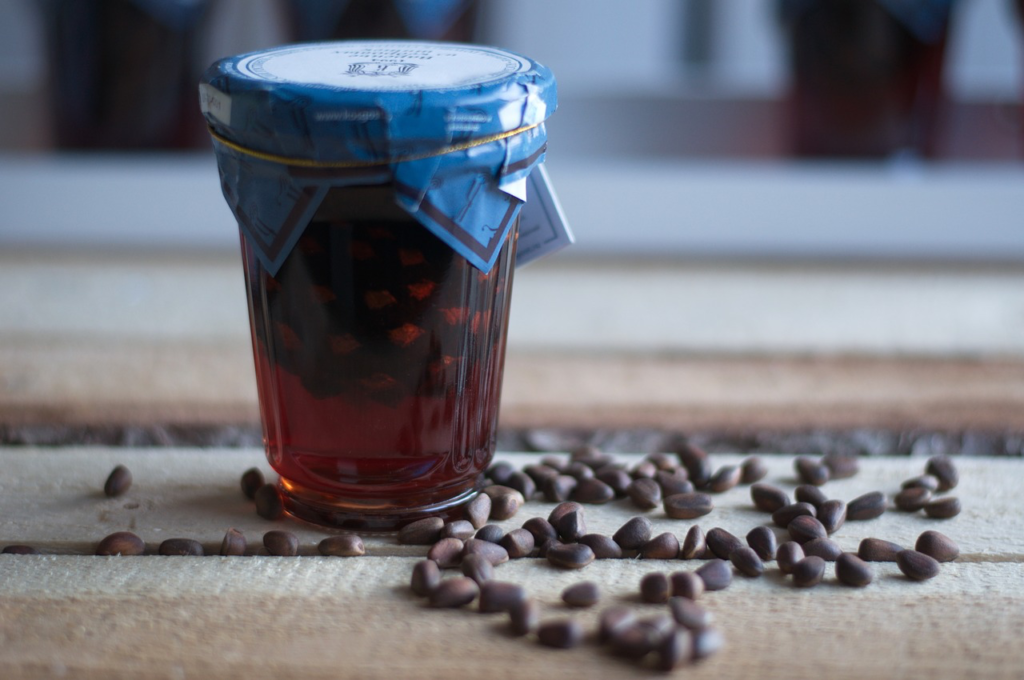
Cedarwood oil is another strong repellent that’s toxic to mice and other rodents. The woodsy yet fragrant scent is unpleasant to mice but to humans, it makes the home smell nice.
You can use it to ward off rodents and dissuade them from ever coming back in. If you want, you can get some cedar chips and scatter them around your home and outside to keep the rats and mice away.
7. Chili Peppers

Mice and other rodents hate chili peppers because they contain a spicy compound known as capsaicin, which gives the peppers their fiery heat. The compound is also a powerful repellent that you can use to keep mice away.
You can scatter chili pepper or cayenne pepper outside your home or around the areas where mice like to hide like drains, cracks, and holes. You can also apply the chili pepper around crawl spaces or behind furniture.
You can also use chili oil, which is known to cause irritation when inhaled or ingested. The irritating effects of the oil can deter mice when they inhale them while repelling them from returning to the lure.
8. Kitty Litter

As we’ve already mentioned, mice and other rodents hate the scent of another animal nearby. Kitty litter is a good repellent because it makes mice sense that there’s a cat nearby.
The smell of cat urine is enough to make the mice steer clear of your home.
9. Ammonia

Ammonia is a chemical but also a potential mouse repellent. This is because it smells like the urine of a potential predator, leaving mice scared and keeping them away from your home.
Ammonia deters mice due to its unpleasant smell, so you can fill caps from plastic bottles with ammonia and keep the caps wherever mice may hide or be tempted to enter. Such spots include your kitchen pantry or under the sink, but ensure they’re out of reach of kids and other pets.
10. Mothballs
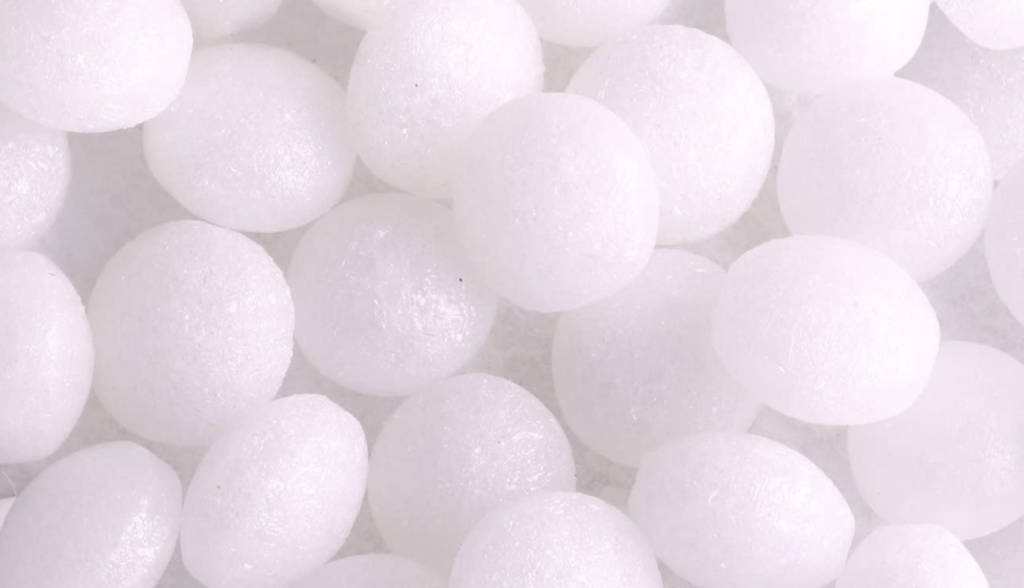
Mothballs aren’t just used to repel moths from your clothes and closets. They’re also hated by mice because of their pungent smell.
The scent comes from Naphthalene, a chemical in which mothballs are soaked and this may be harmful to humans and rodents alike if too much is inhaled. The effects can include dizziness and nausea or extremes like liver and kidney damage.
The chemical in mothballs increases the risk of tissue breakdown in a mouse’s nasal canal and causes lung inflammation.
11. Coffee powder

Coffee is literally in every home these days, but if you have mice in your home, turns out you can use the black coffee powder to ward them off. Mice hate the sharp aroma of black coffee powder, so they’ll do anything to avoid it.
Their sharp sense of smell can pick up the scent of coffee powder from anywhere, so make sure you get some and leave it on countertops in your kitchen or anywhere else that you store food.
12. Noni Fruit
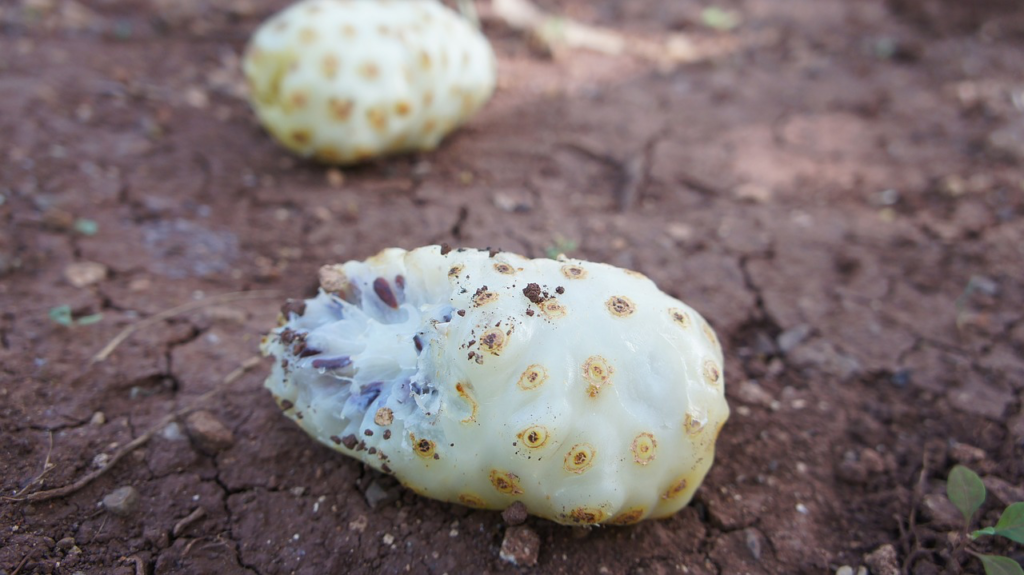
The noni fruit, commonly referred to as the Indian mulberry is another great way to repel mice in your home. Mice hate the smell of noni fruit, so they’ll naturally find a way to keep off areas with such fruits.
You can cut the fruit up into pieces and place it in the corners of your home where the mice tend to hide or nest.
Once the noni fruit starts to dry out, replace it immediately with fresh noni pieces to ensure the mice stay out.
13. Garlic
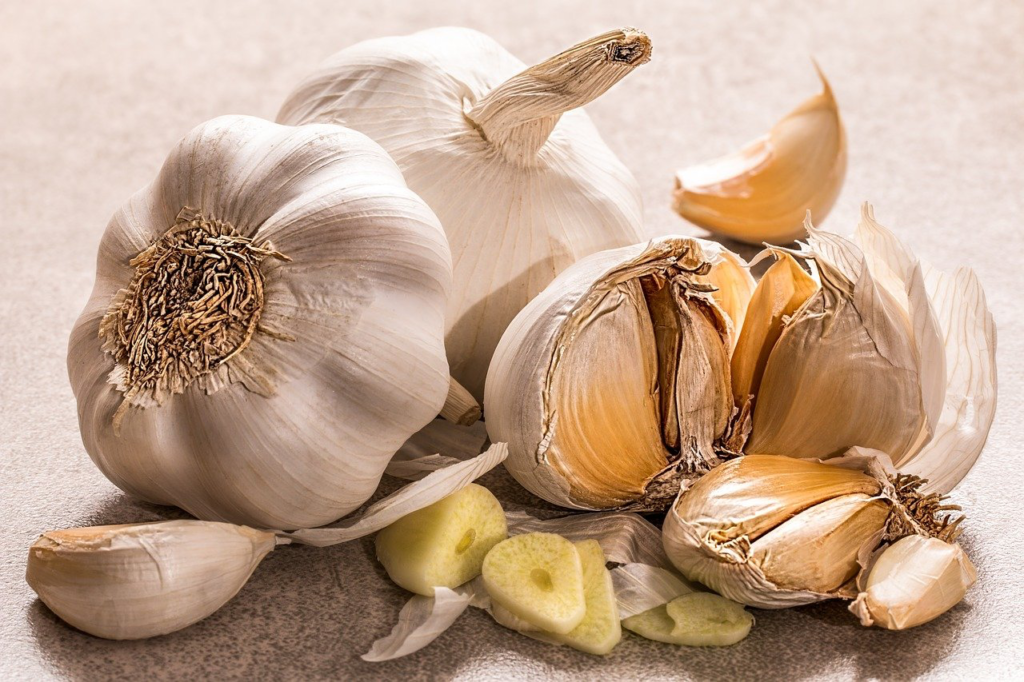
Mice also dislike the smell of garlic. They can’t stand the pungent smell so they naturally run away from it. You can cut up the cloves of garlic or just leave the whole garlic on the table if you prefer.
You can also use gauze to prepare a garlic wrapper. Slice the garlic into parts, wrap it using the gauze, place the garlic in a spot where the mice enter through or hide and let it stand for a few days. The mice won’t come back to your home.
14. White vinegar

Another great mouse repellent is white vinegar. This aggressive vinegar has a very strong smell that mice hate so you can use it in your home.
To get started, clean the area in your home where the mice enter or hide and wipe it with clean water. Coat cotton balls with white vinegar and place them in the rodent’s hideout.
Once the cotton balls dry out, coat them with vinegar again and keep doing this until they’re all gone. Always use gloves to pour vinegar onto the cotton ball because its acid content can harm your skin if it comes into direct contact with it.
15. Durian
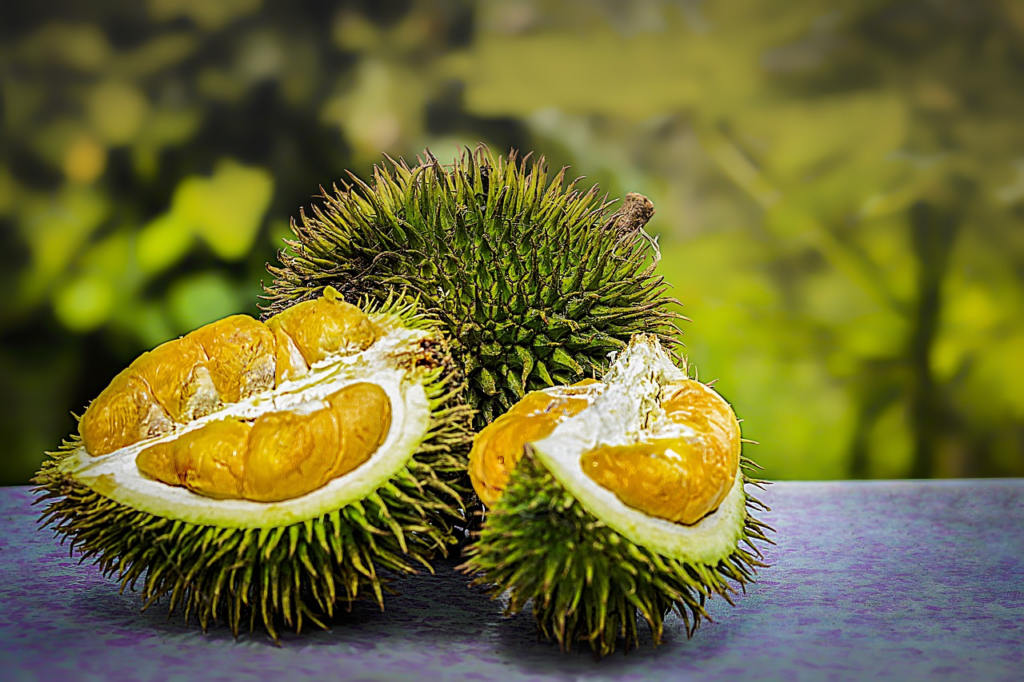
Mice also dislike the smell of durian, an Asian fruit whose chemicals release a pungent smell that’s been likened to onions and turpentine mixed with smelly socks.
The durian fruit has a potent stench that can be smelled from yards away. The fruit may be eaten or cooked by humans but to rodents, it’s a major turn-off.
If you have durian in your home, store it where mice frequent like behind your refrigerator, under a table, or near a drain.
16. Repellent spray
If you prefer something more potent than the natural methods above, you can buy a rodent repellent spray and use it to control the infestation of mice in your home. You can buy the Exterminator’s Choice Rodent Repellent spray, an all-natural and effective spray that works indoors and outdoors.
The ready to use repellent spray contains three essential oils pre-mixed and has a spray nozzle to help you spray the repellent easily and quickly inside your home or outside where mice like to hide.
The repellent is easy to spray, so do it lightly within three feet so that the surface is just damp, not dripping. It’s also safe to use around pets and children so you need not worry about its effects on those around you.
Plus, the spray has a fresh, clean scent but for mice, the smell is overpowering. If you want more potency, add some white pepper to the spray to create an extra stinging and burning sensation that will irritate the mice even more than the essential oils in the spray.
17. Cat hair
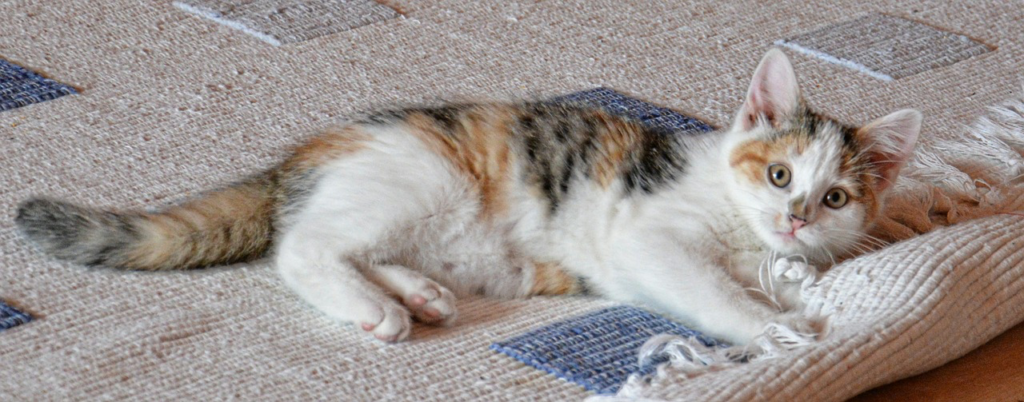
Humans may be allergic to cat hair, but it’s certainly a repellent to mice. They can smell cat hair from afar and run away from the area.
If you have a cat or a friend has one, take a comb and harvest some of its hair then leave it around the area mice hide in your home to keep it mouse-free.
18. Bay leaves
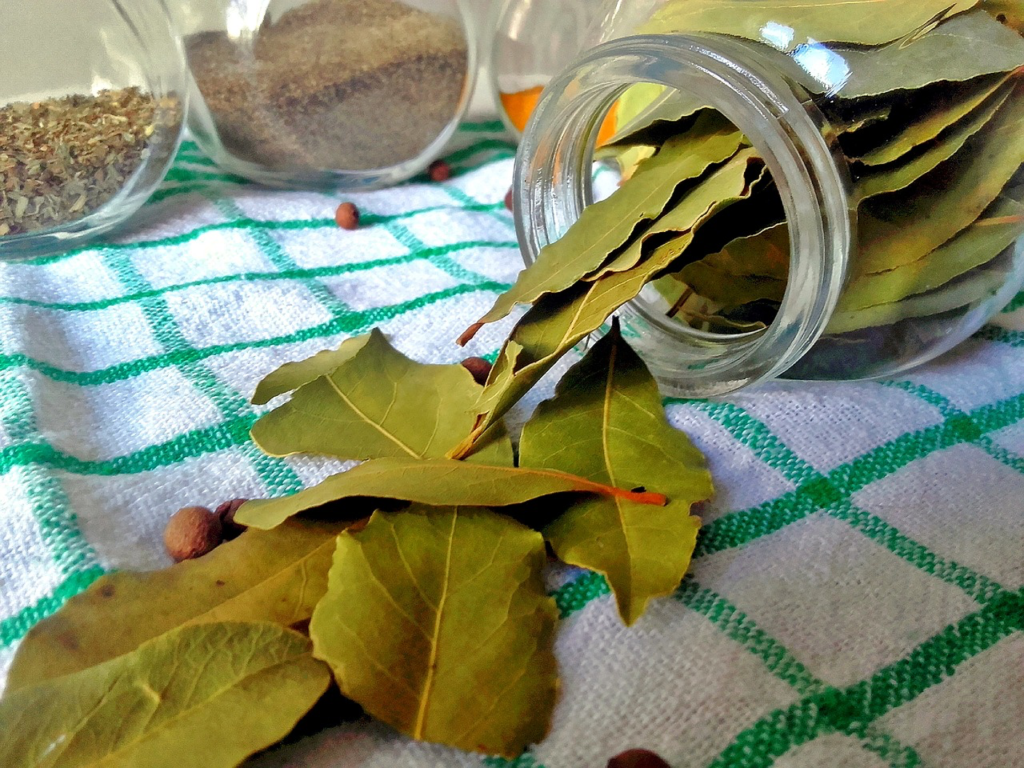
Bay leaves are just like peppermint and can be used to repel mice from your home.
The potent scent of the bay leaves keeps mice away so if you have some, crumble the leaves and sprinkle them in the corners of your home or other mice entry points that you know of.
19. Cayenne pepper
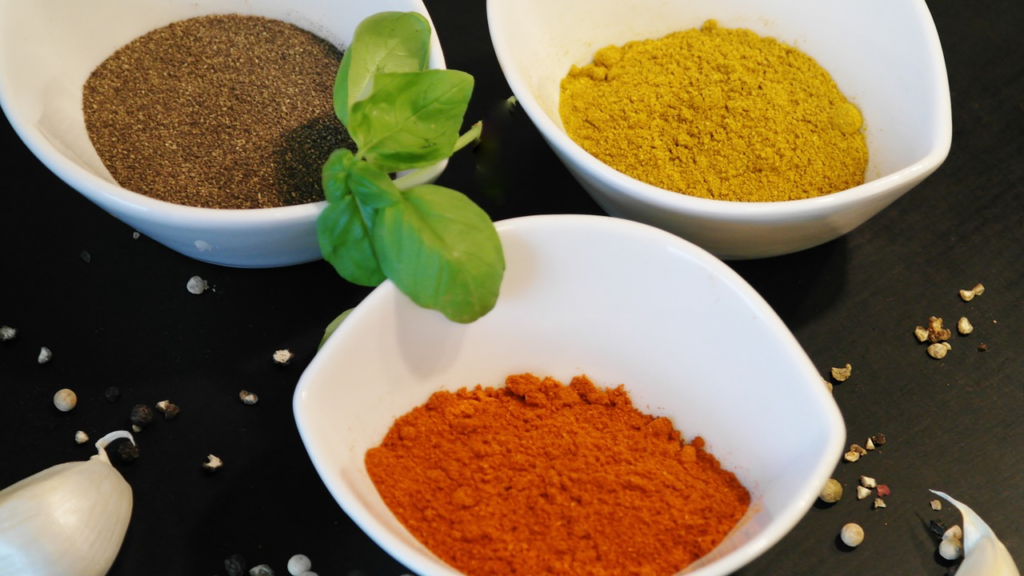
Mice also hate the smell of cayenne pepper. Get some and sprinkle it around the cracks and entry points or hideouts that mice come through to keep them from ever venturing into the area again.
However, use it sparingly as it could keep your pets and other people around you feeling uncomfortable while causing irritation, especially for dogs and cats.
Wrapping Up
The sight of mice in your home can send chills through your body. Mice tend to get into your house when it’s either too hot or too cold outside, but they leave us feeling uncomfortable whether we kill them or not.
Most people prefer just to deter them from ever getting in, which is why it’s good to know which smells mice dislike so that they stay away from your home for good.
Enjoyed What Smells Do Mice Dislike? Share it with your friends so they too can follow the mybodyexpert journey.
Share on Pinterest
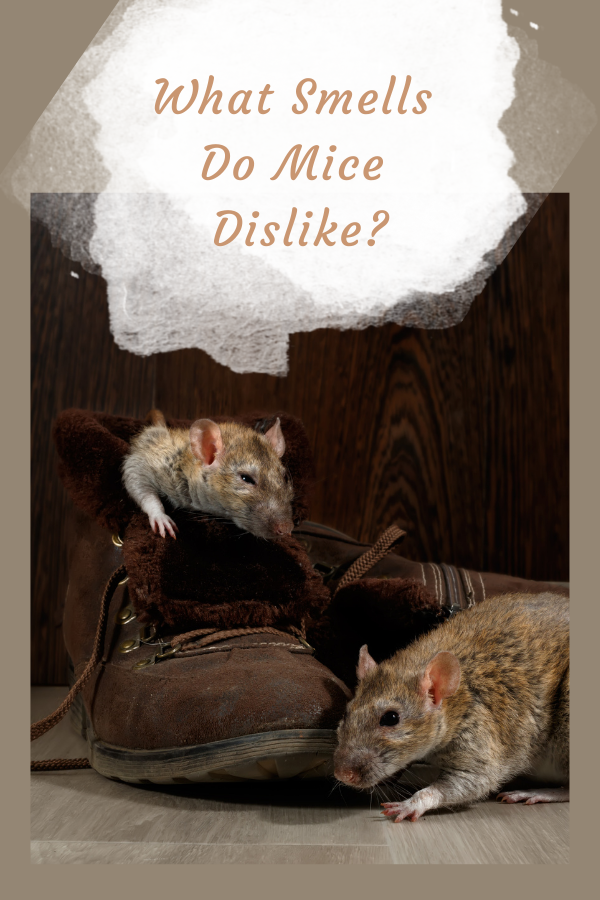

Diana Paul is a certified nutritionist who writes for leading health blogs. She is a master herbalist, yoga teacher, forager, and wild-crafting writer She is focused on helping people transform life blocks to opportunities. Based in NYC, she often holds health seminars and lectures.

